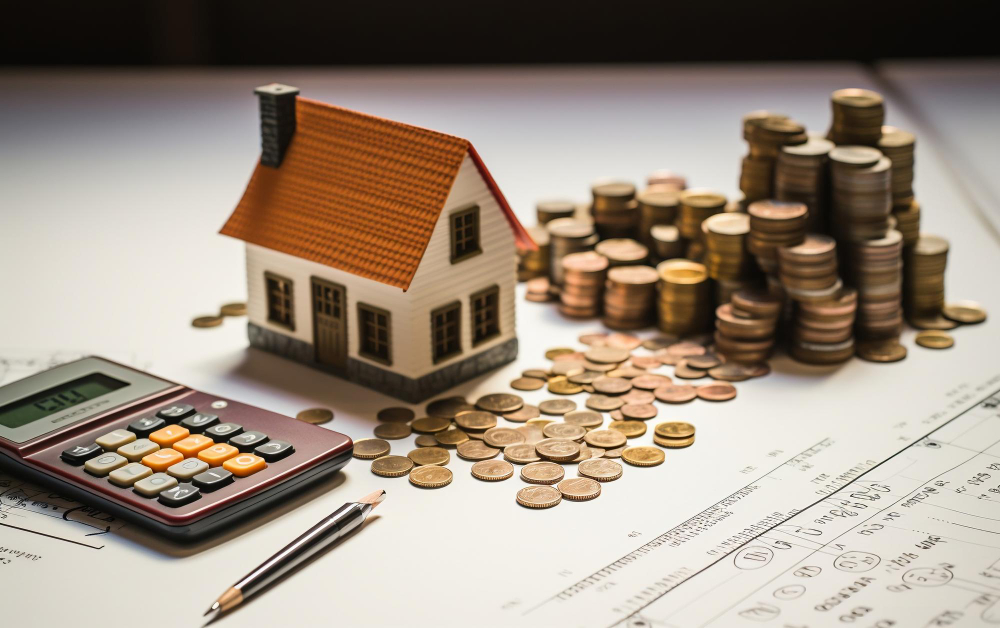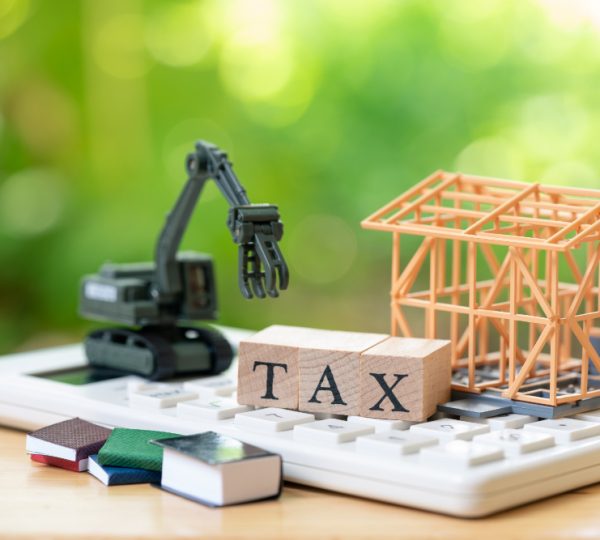Why New Yorkers Need to Understand Property Taxes
According to the non-profit Tax Foundation, New York State’s property taxes are among the highest in the country. The state does not legally levy a property tax and does not receive any of the tax proceeds. Local governments, county governments, and school districts all assess them.
Most funding for municipal and school district services comes from these taxes. Learn more about the New York State property tax system.

Why Am I Owed Property Taxes?
Property taxes are local taxes in the state of New York. Local governments fund and allocate them. These funds are utilized to meet local civic and social issues like:
Fire and police departments in schools
roadway upkeep
additional municipal services
Most money collected from New York property taxes is used to finance education.
How Do Property Taxes Operate in the State of New York?
Property taxes apply to all real estate. Real property is land and any structures on it. This may consist of the following:
Residences
flat complexes
petrol pumps
office structures
Farms
According to state law, a uniform proportion of market value must be applied to the annual assessment of all real estate in each municipality, except for New York City. This indicates that your evaluation will correspond to a specific proportion of market value as established by your local assessor’s office.
This assessed value serves as the basis for your property taxes. Every year, properties are reassessed, which means the amount of property tax you must pay also fluctuates.
Your final assessment amount multiplied by the applicable local property tax rate will determine your annual tax bill. Local governments in New York determine the property tax rates, which vary by area.
Exemptions and Reductions from Property Taxes
Your property tax bill is based on assessing your property’s worth, which is lessened by tax exemptions. Local governments are permitted by New York law to grant several exemptions. Veterans, people with impairments, and older adults are excluded from some statutes in New York.
Exemption for Senior Citizens
According to New York State law, local governments and school districts may grant seniors who meet specific requirements a 50% decrease in the assessed value of their primary residence.
You must be 65 or older and meet some other criteria to be eligible.
Each county, city, or school district may establish a limit for the total 50% exemption between $3,000 and $50,000.
Seniors with earnings over the limitations may also be given a less-than-50 percent exemption by their local governments. Local governments can accomplish this by setting up a system where the exemption gradually disappears as income rises.
Exemptions for veterans
Veterans can be granted an exemption that lowers their assessments if they buy their property with funds from their pensions, insurance settlements, or bonuses. Each locality sets the exemption’s dollar value.
Local governments may also exempt veterans who participated in the military or received an expeditionary medal. Veterans of the Cold War are eligible for a third exemption.7
Disabled Persons’ Exemptions
Disability exemptions are permitted under state legislation for those who can provide proof of their condition. You must adhere to certain income restrictions and other locality-specific rules. The basic exemption equates to 50% of the property’s worth.
The income thresholds, like the senior citizen exemption, are determined by your community and must fall between $3,000 and $50,000 to qualify for the entire 50% exemption. Some people whose income exceeds the established limits may also be eligible for less than 50% exemptions from your city, town, or school district.
Owners of modest residential properties are shielded from increasing taxes at the expense of commercial and big rental building owners. As a result of the policy choices made by city and state elected officials, there is a considerable variation in the effective tax rates paid by different types of properties. Compared to other cities, New York City’s scale of differences is significantly larger, increasing the cost of commercial and rental space and reducing the city’s ability to compete economically.



